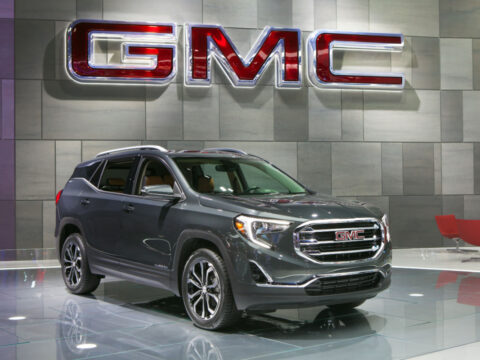Not using your car’s air conditioning for extended periods can lead to several issues that affect both the system’s functionality and your vehicle’s overall comfort. Over time, seals and hoses in the AC system can dry out, leading to leaks and reduced cooling efficiency. Additionally, without regular use, moisture can build up inside the system, creating an environment for mold and unpleasant odors. In this article, we’ll explore the consequences of not using your car’s air conditioning and why occasional use is essential for maintaining the system’s longevity and keeping your car fresh and comfortable.
Contents
Increased Cabin Humidity
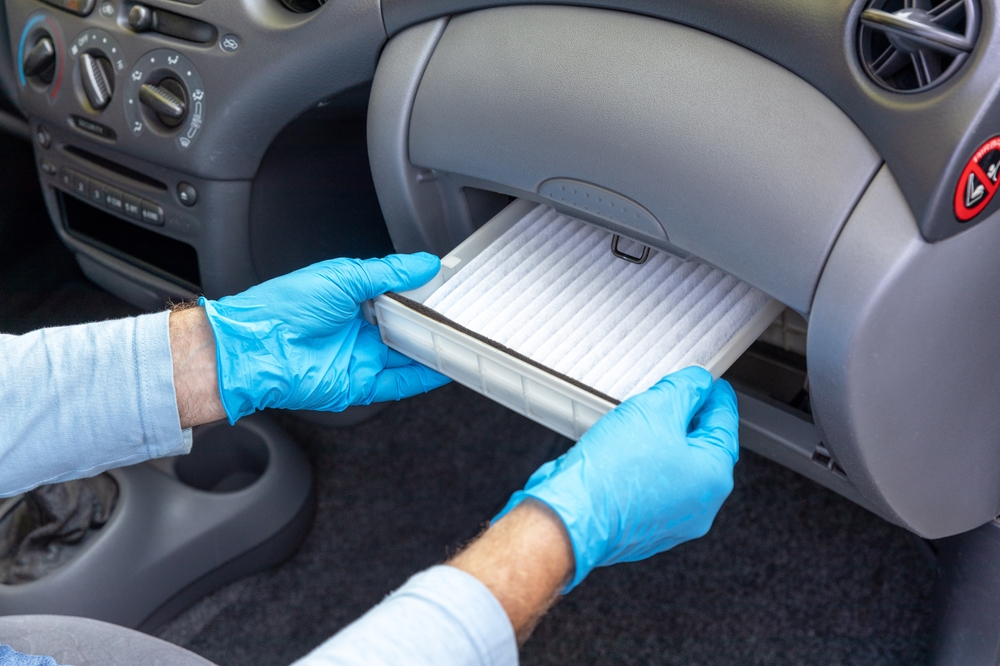
Not using your car’s air conditioning can lead to a buildup of humidity inside the vehicle, especially during warm and rainy seasons. Without the A/C to dehumidify the air, moisture can accumulate on windows, reducing visibility and making the cabin feel uncomfortable. Over time, this excess moisture can also promote the growth of mold and mildew. To prevent this, run your air conditioner periodically to keep humidity levels low. If the problem persists, check for leaks or blocked air vents that may be contributing to the issue.
Foggy Windows

Without regular use of the air conditioner, especially in cooler or rainy weather, you may notice your windows fogging up more frequently. The air conditioning system helps to defog the windows by removing moisture from the air. Driving with foggy windows is dangerous as it impairs visibility, increasing the risk of accidents. To prevent this, use the A/C to clear fog, or set the air system to defog mode, which typically engages the A/C even if you’re not using it to cool the cabin.
Decreased Comfort in Hot Weather

Without the air conditioning system, cabin temperatures can rise to uncomfortable and even dangerous levels, especially in hot climates. This can lead to heat exhaustion or heatstroke for drivers and passengers, particularly during long trips. To prevent this, ensure your air conditioning is functioning properly and run it periodically during warm weather to maintain a comfortable cabin environment. Regular A/C maintenance, including checking refrigerant levels, can help avoid performance issues.
Unpleasant Odors

When the air conditioning system is not used regularly, moisture can accumulate in the evaporator coil, leading to the growth of mold and mildew. This can cause unpleasant, musty odors to develop in your car’s cabin. To prevent this, run the A/C at least once a week to keep the evaporator coil dry. If the odor persists, it may be necessary to clean or replace the cabin air filter or have the evaporator coil professionally cleaned.
Battery Drain from Overuse of Other Cooling Systems
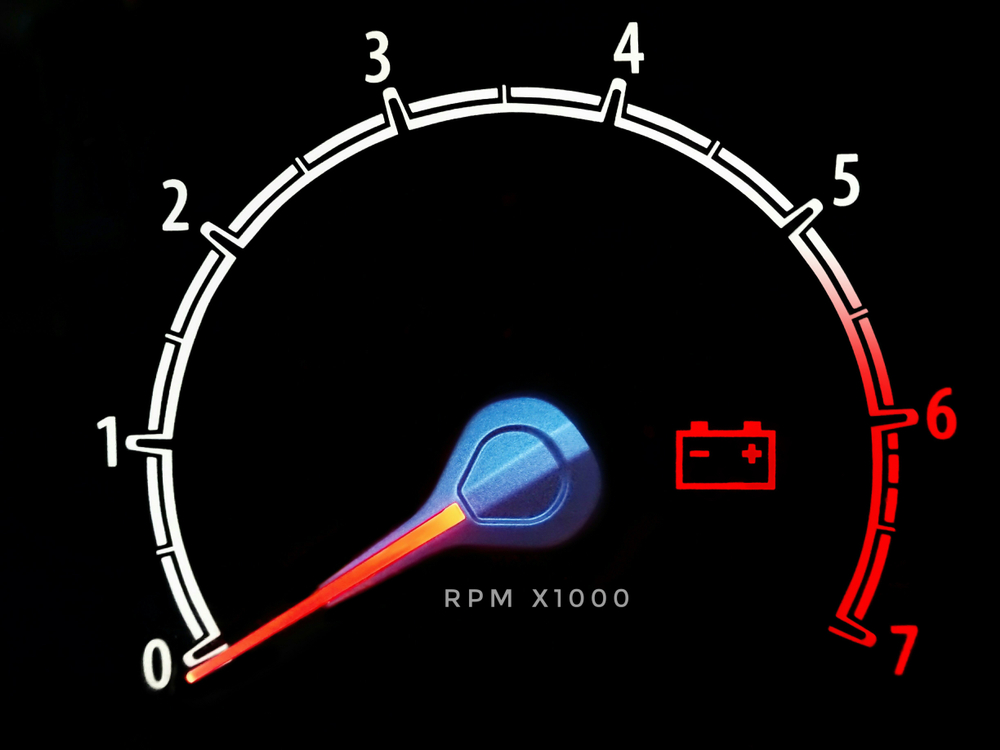
If you’re not using the air conditioning in warm weather, you might rely more heavily on other cooling methods, such as rolling down the windows or using fans. While this may seem harmless, excessive use of electric fans can drain the battery faster, especially if they are left on while the engine is off. To prevent unnecessary battery drain, use the air conditioning when necessary, as it’s designed to cool the cabin more efficiently without putting strain on the battery.
Decreased Engine Performance

Running the air conditioner can help regulate your car’s internal temperature, preventing overheating. When the A/C is not used regularly, the engine can overheat more easily in warm conditions, especially if the cooling system is already under stress. Overheating can lead to reduced engine performance and even severe damage. To prevent engine issues, run the air conditioning during hot weather to help regulate temperatures, and ensure that your car’s cooling system is functioning properly.
Reduced Air Conditioning Efficiency

If you neglect to use your car’s air conditioning for long periods, refrigerant lines and seals can dry out and crack, leading to refrigerant leaks. Over time, this will reduce the efficiency of the A/C system, making it less effective at cooling the cabin. To maintain efficiency, run the air conditioner periodically, even in cooler weather, to keep the system lubricated. Regular A/C service, including checking for refrigerant leaks, can help keep the system in good working order.
Loss of Refrigerant

Refrigerant is a critical component of your car’s air conditioning system, and if the system is not used regularly, seals and hoses may dry out, leading to refrigerant leaks. This can cause the A/C to lose its cooling ability entirely. To prevent refrigerant loss, run the A/C at least once a week to keep the seals lubricated. If you suspect a refrigerant leak, have it repaired by a professional to avoid further damage to the system.
Mold and Mildew Growth

When the air conditioning system is not used regularly, moisture can accumulate in the evaporator and air ducts, creating an ideal environment for mold and mildew to grow. This can lead to health issues for passengers, especially those with allergies or respiratory problems. To prevent mold growth, use the A/C periodically to dry out the system, and consider having the evaporator coil cleaned if you notice a musty smell in the cabin.
Failure of the Air Conditioning Compressor
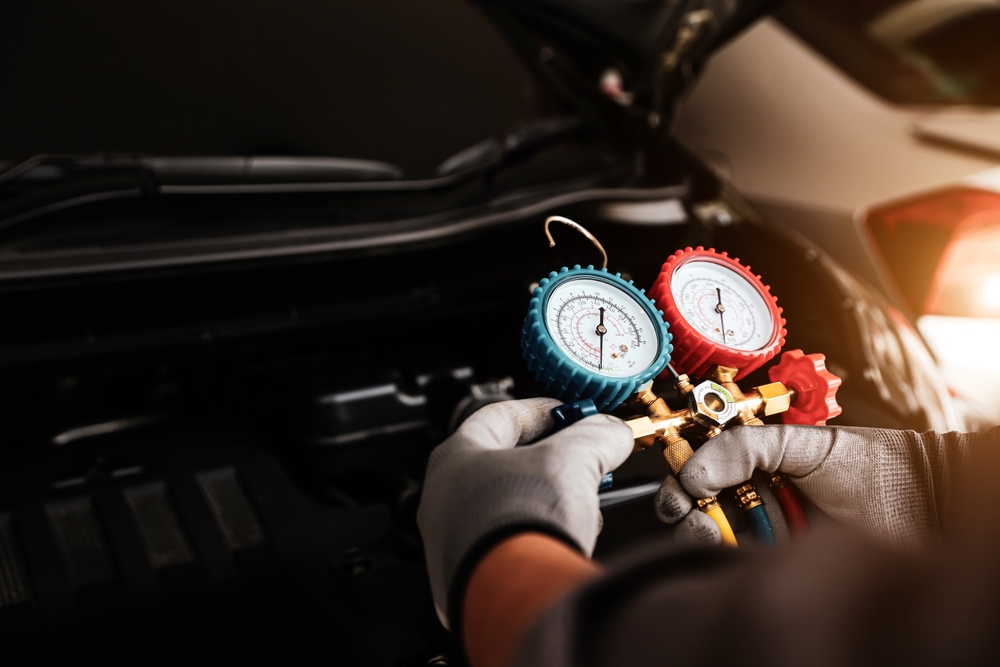
The air conditioning compressor requires regular use to stay lubricated and in good working condition. If the A/C system is not used frequently, the compressor seals may dry out, leading to compressor failure. Replacing a failed compressor can be costly, so it’s important to run the air conditioner regularly to keep the compressor components lubricated. If your compressor starts making strange noises or if the A/C system stops cooling, have it checked by a professional.
Decreased Resale Value

A poorly functioning air conditioning system can significantly reduce the resale value of your vehicle. Potential buyers will likely be deterred if the A/C system needs costly repairs, especially in regions with hot climates. To maintain your car’s resale value, keep the air conditioning system in good working order by using it regularly and having it serviced when needed. Regular A/C inspections can catch minor issues before they become costly repairs.
Uncomfortable Driving Experience

Without air conditioning, long drives in warm weather can become uncomfortable and fatiguing, as heat builds up inside the cabin. This can affect your concentration and reaction time, increasing the likelihood of accidents. To ensure a comfortable driving experience, use the A/C when necessary and have it serviced regularly to avoid any issues. Maintaining a pleasant cabin temperature can make long journeys more enjoyable and safer.
Wind Noise from Open Windows
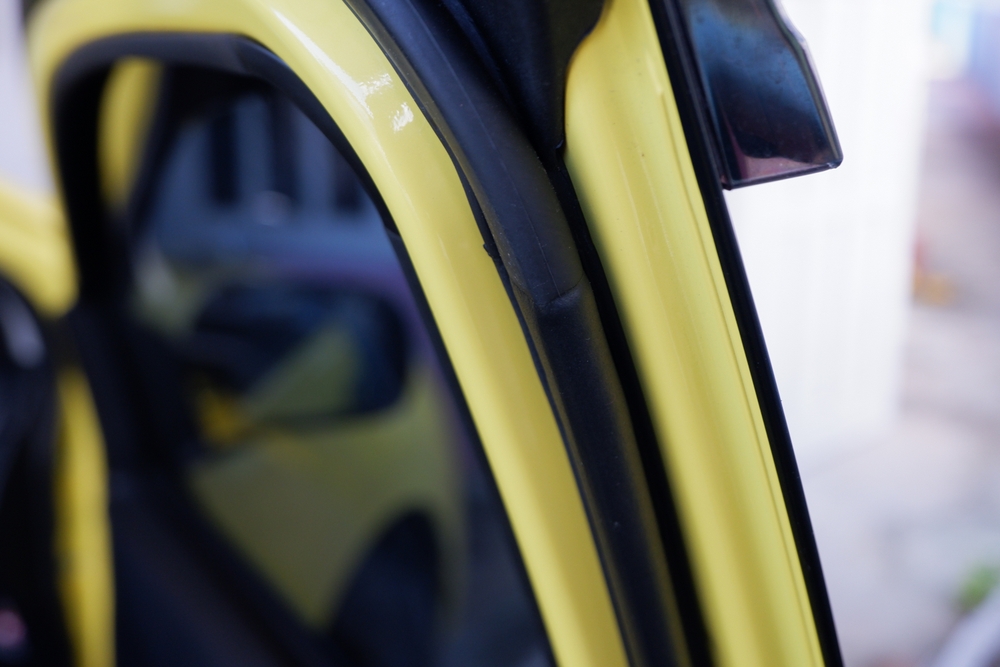
When drivers avoid using air conditioning, they often rely on open windows for ventilation. This can lead to increased wind noise, which can be distracting and tiring during long trips. Additionally, driving with windows open at high speeds reduces the aerodynamic efficiency of the car, increasing fuel consumption. To avoid wind noise and maintain fuel efficiency, use the air conditioning to cool the cabin instead of relying on open windows.
Wear and Tear on Window Mechanisms

Frequent use of power windows to cool the cabin in the absence of air conditioning can cause wear and tear on the window mechanisms over time. This may lead to issues such as slow or stuck windows, which can be costly to repair. To prevent unnecessary strain on the window motors, use the air conditioning when needed to cool the cabin instead of constantly opening and closing the windows.
Health Risks from Excessive Heat

Driving in extreme heat without air conditioning can lead to health risks such as heat exhaustion or heatstroke, particularly for vulnerable passengers like children and the elderly. To avoid these risks, ensure that your air conditioning system is in good working order and use it to maintain a safe and comfortable cabin temperature. If you experience symptoms of heat exhaustion, such as dizziness or nausea, pull over and seek a cooler environment immediately.
Increased Interior Wear and Tear
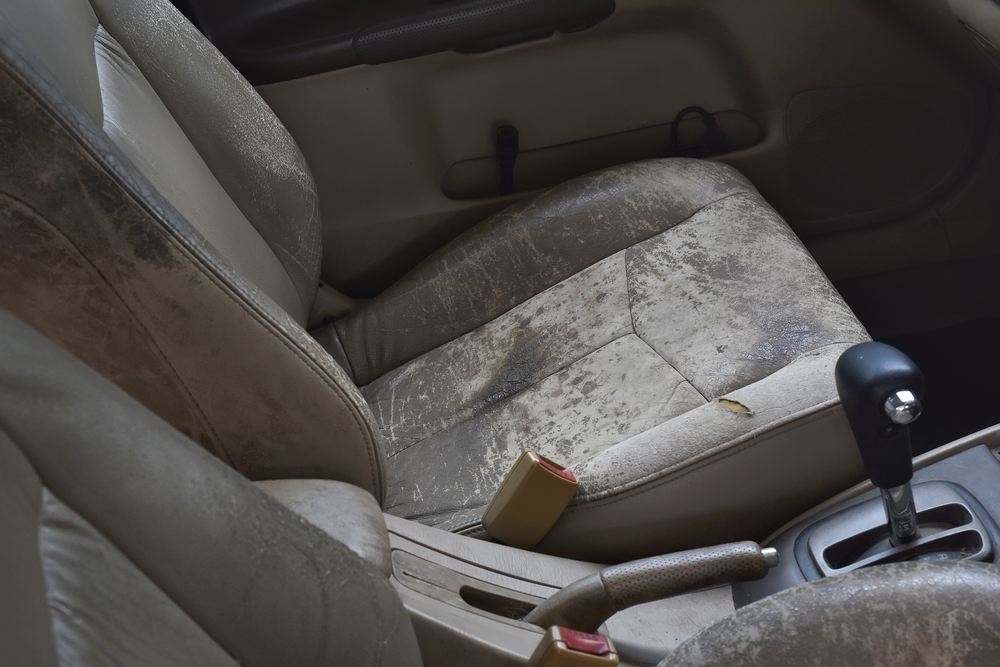
Excessive heat in the car’s interior, especially when the air conditioning isn’t used, can cause materials like leather, plastic, and fabric to degrade more quickly. Over time, the dashboard, seats, and other interior components may crack, fade, or warp. To protect your car’s interior, use the air conditioning to keep the cabin cool and park in shaded areas when possible. Regularly conditioning leather seats and using sunshades can also help prevent heat-related damage.
Engine Overheating in Traffic
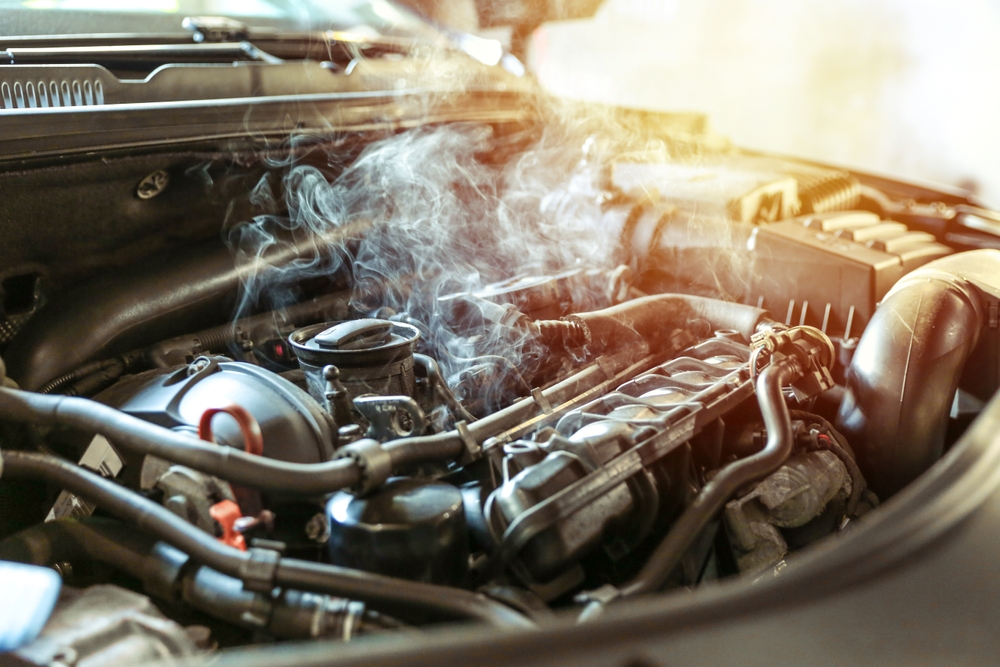
Not using your car’s air conditioning in hot weather, especially when idling in traffic, can lead to an overheated engine. The air conditioning system helps reduce the strain on the cooling system by lowering the engine’s operating temperature. To prevent overheating, run the A/C during hot weather, especially in stop-and-go traffic. Regularly check your car’s coolant levels and ensure that the radiator is functioning properly to avoid engine damage.
Increased Fatigue

Driving in a hot, stuffy cabin without air conditioning can lead to increased fatigue, which can impair your focus and reaction times. This is especially dangerous on long road trips or during rush hour traffic. To avoid this, use your car’s air conditioning to maintain a comfortable temperature inside the cabin. Regularly service the A/C to ensure it’s operating efficiently and can help keep you alert and focused on the road.
Damaged Electrical Components
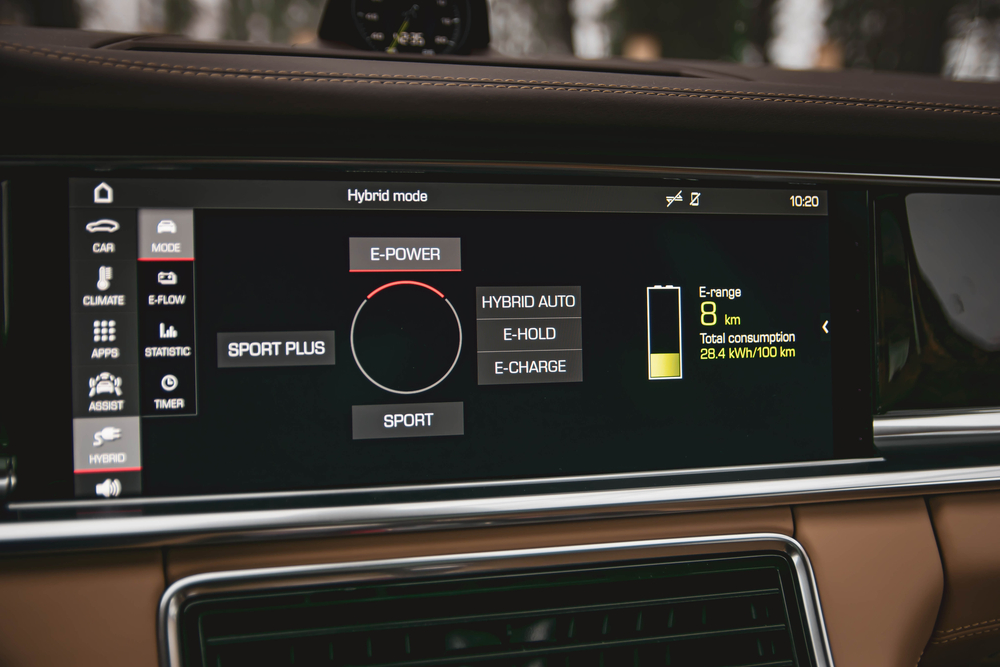
The air conditioning system also helps keep certain electrical components within the cabin, such as infotainment systems and power outlets, at optimal temperatures. Without regular use of the A/C, the heat inside the cabin can cause some of these components to overheat and malfunction. To protect your car’s electronics, use the A/C to keep the cabin cool, especially during hot weather, and have any electrical issues checked promptly.
Air Filter Clogging
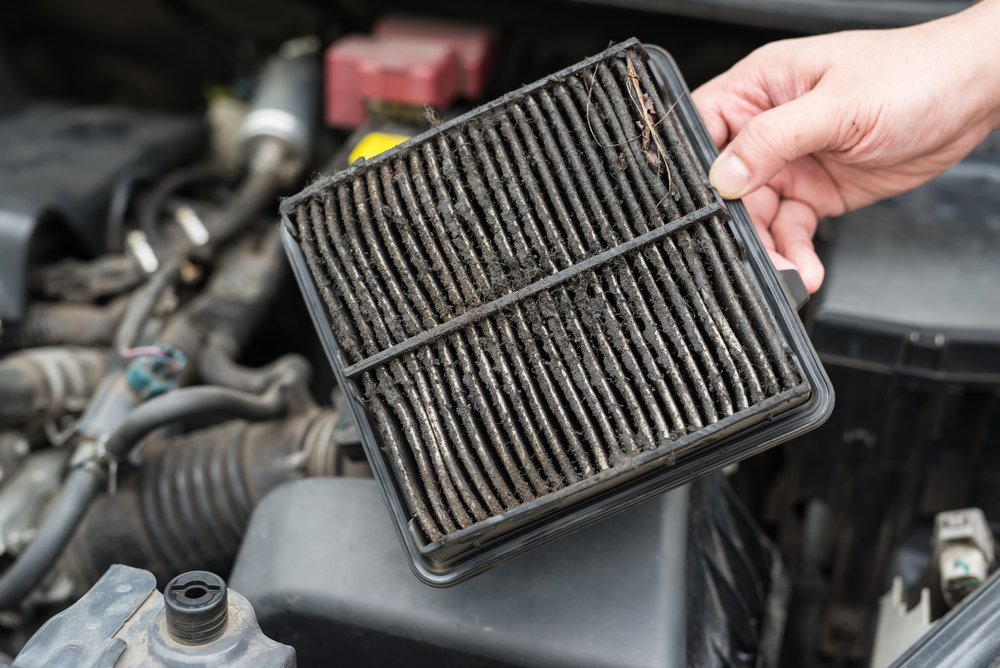
Not using your air conditioning can lead to a buildup of dust, pollen, and other debris in the cabin air filter, as the A/C system helps to filter out these particles. A clogged air filter can reduce the quality of air inside the cabin and put strain on the HVAC system. To avoid this, regularly use the air conditioning and replace the cabin air filter as part of your vehicle’s routine maintenance schedule. A clean air filter ensures better air quality and more efficient airflow.
This article originally appeared on MyCarMakesNoise.
More from MyCarMakesNoise
16 Key Milestones in the Evolution of Tanks

From the early designs that changed battlefield strategies to the advanced technology of today, each milestone marks a step forward in combat effectiveness and innovation. Read More.
20 Motorcycles That Push the Limits of Speed
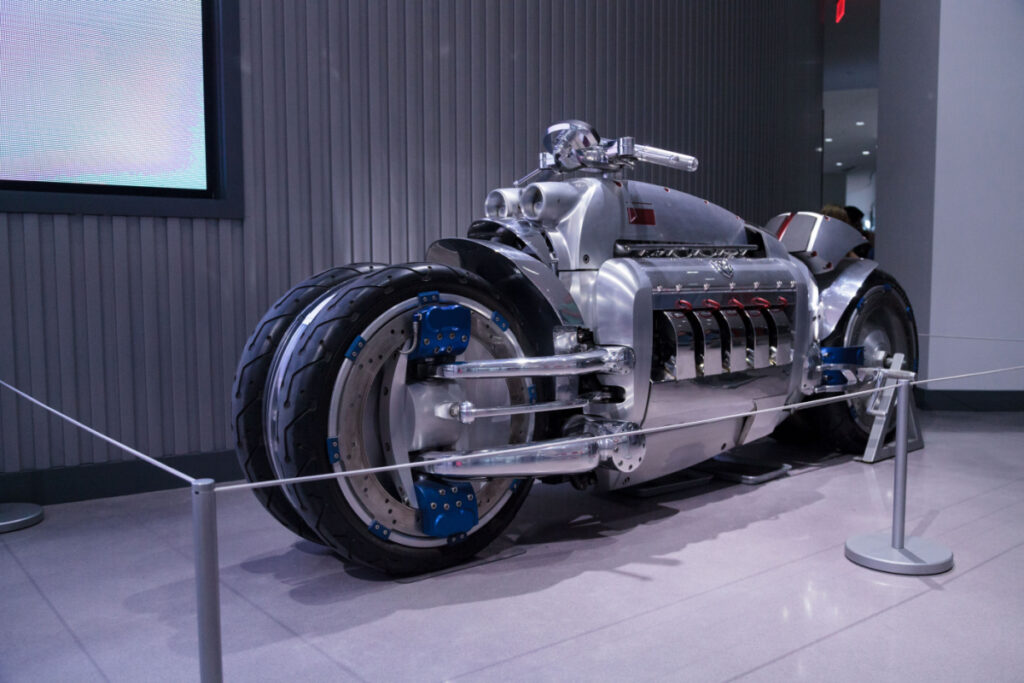
These bikes are not just about top speed; they are engineered for quick takeoffs and breathtaking performance. Get ready to explore the machines that redefine what it means to go fast. Read More.
20 Top-Selling Lincolns That Defined the Brand
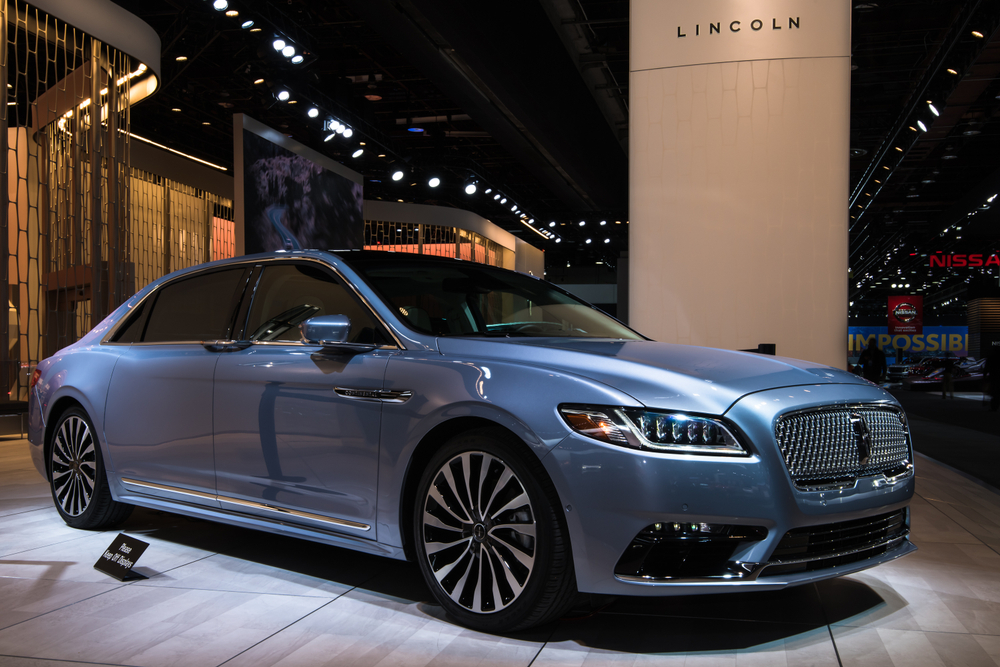
In this article, we take a look at the 20 best-selling Lincolns of all time, showcasing the models that have set the standard for style, comfort, and performance. From classic sedans to modern SUVs, these Lincolns have left a lasting mark on the automotive world. Read More.


